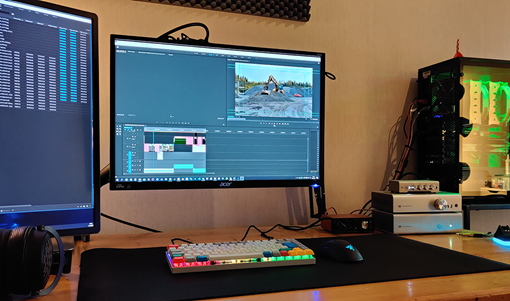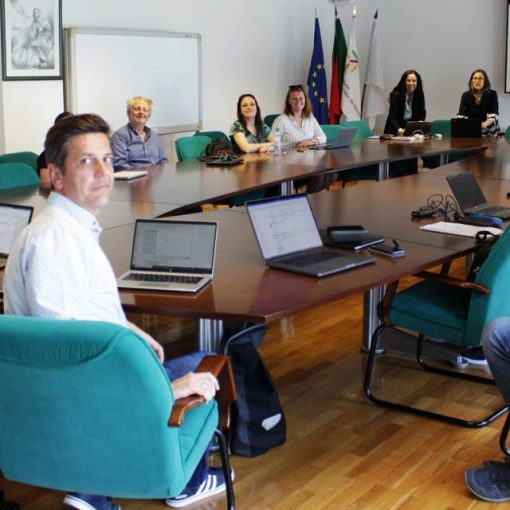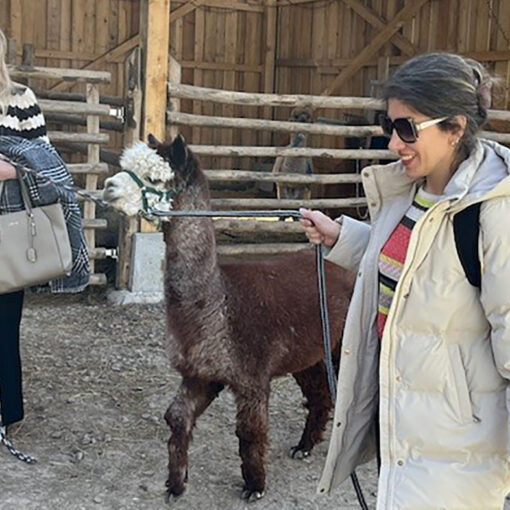Including the teaching and assessment of transversal skills in coursework may help tackle the so-called skills gap and make higher education more inclusive.
The skills gap affects various industries and fields in the European Union. It has been noted that the public sector is currently facing a shortage of 8.6 million people with relevant skills in the following three categories: technological, digital citizenship, and classical skills (Chinn et al. 2020).
The Erasmus+ funded Employ Skills project is a recent multilateral effort to tackle the skills gap by integrating the teaching and assessment of so-called transversal skills into university-level teaching (Employ Skills 2021). Figure 1 shows the six transversal skills the project focuses on.
![[Alt text: The figure represents the areas of transversal skills, which are: solution-oriented thinking, taking initiative, critical thinking, self-leadership, social skills, and media and information literacy.]](https://blogit.lab.fi/labfocus/wp-content/uploads/sites/8/2021/12/730_2021_Teaching-Transversal-Skills-to-Tackle-the-Skills-Gap_1-1024x262.png)
Teaching transversal skills could help tackle the skills gap and make higher education more accessible and inclusive for students with varied backgrounds. For example, students from certain socioeconomic and cultural backgrounds may lack basic skills such as numeracy, literacy, and digital skills (Inclusive Higher Education 2021).
An Example: Teaching Solution-Oriented Thinking
The Employ Skills project partners created modules to teach the six skills; the modules were then piloted at the partner institutions. For example, teaching and assessing solution-oriented thinking was piloted at LAB on the Internationalisation Process course taught by Senior Lecturers Marja Viljanen and Tiina Pernanen in the autumn of 2020 and the spring of 2021. The course helps develop transversal skills by integrating them into the learning process.
Earlier studies have shown that transversal skills may be developed by bringing the real world into the classroom and by designing problem-solving tasks (José Sá & Serpa 2018). The Internationalisation Processcourse connects the internationalisation process and solution-oriented thinking to help solve real-world situations. During the pilot, students solved three case studies and a real-world problem by helping the Rehome project at LAB to identify new customer groups. Figure 2 presents the overall course framework.
![[Alt text: In figure, all these are combined together: transversal skills, knowledge, experiental learning, and integrating knowing and doing.]](https://blogit.lab.fi/labfocus/wp-content/uploads/sites/8/2021/12/730_2021_Teaching-Transversal-Skills-to-Tackle-the-Skills-Gap_2.png)
Another key aim in the Employ Skills pilot courses was to test assessment tools. Student feedback and lecturers’ experience revealed that having assessment as part of the learning process — focusing on formative assessment — helps students learn solution-oriented thinking and other transversal skills. Especially feedforward discussions were appreciated.
Solving real-world business problems and doing formative assessment are good methods for teaching solution-oriented thinking and other skills. In the future, teaching transversal skills, and tackling the skills gap, could be done more systematically by integrating the skills into the core of degree programs.
Authors
Hamid Guedra (M.A. in English Language and Communication Studies and M.A. in Technical Communication and Terminology Science) teaches English for professional communication at the Language Centre of LAB University of Applied Sciences.
Marja Viljanen (M.Sc. in Economics and M.A. in Art History) teaches marketing and internationalisation related courses at the Faculty of Business and Hospitality Management of LAB University of Applied Sciences.
References
Chinn, D., Hieronimus, S., Kirchherr, J. & Klier, J. 2020. The Future is Now: Closing the Skills Gap in Europe’s Public Sector. McKinsey & Company. [Cited 28 Nov 2021]. Available at: https://www.mckinsey.com/industries/public-and-social-sector/our-insights/the-future-isnow-closing-the-skills-gap-in-europes-public-sector
Employ Skills. 2021. About. UCL College Denmark. [Cited 28 Nov 2021]. Available at: https://www.ucl.dk/employ-skills/About
Inclusive Higher Education. 2021. Inclusive and connected higher education. European Commission. [Cited 28 Nov 2021]. Available at: https://ec.europa.eu/education/policies/higher-education/inclusive-and-connected-higher-education_en
José Sá, M. & Serpa, S. 2018. Transversal Competences: Their Importance and Learning Processes by Higher Education Students. Education Sciences.




